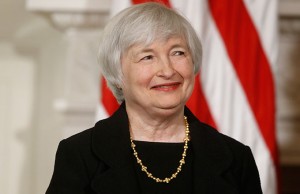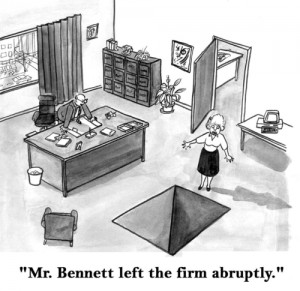
I have just returned from a two-week trip to Hong Kong and Taiwan, just in time for the Federal Reserve’s long-awaited decision to delay the first rate hike since the financial crisis.
The key phrase “Heightened uncertainties abroad,” spoke as loudly as the lack of action, as Fed chairwoman Janet Yellen noted the risks of both China and Emerging Markets in generally spilling over into the United States.
Hedging in the Retirement Risk Zone
For those of us who are in the “Retirement Risk Zone,” — including Yours Truly — the caution behind the Fed’s decision could suggest that for some it may be appropriate to dial down portfolio risks. Since late August, I have followed my personal financial adviser’s recommendation to remain invested but to hedge back one third of US and Canadian equity exposure.
Generally, at whatever age, it makes little sense to take more risk than you need to take and the Fed’s decision (or non-decision) underlines that there are still extensive risks out there, certainly in the equity markets as well as fixed income. Fred Kirby, a fee-for-service planner at Dimensional Investment Planning, says it’s time to be cautious and protect profits. As I quoted him earlier this year, he suggests that those who are averse to market timing can consider the newer “low-volatility” ETFs. For Canadian exposure, he suggests the BMO Low Volatility Canadian Equity ETF (ZLB), which holds 40 stocks deemed to have the lowest risk. For U.S. stocks he likes the BMO Low Volatility US Equity ETF (ZLU), which uses the same methodology and holds 100 companies. For international equities, Kirby likes the iShares MSCI EAFE Minimum Volatility Index ETF (XMI). (There’s also an iShares low-vol ETF for Emerging Markets).
“These ETFs automatically position the cautious investor for any additional future gains without having to make a market-timing re-entry decision,” Kirby says. “This could be just the sort of compromise that lets some investors stick with their investment plans even when they do not want to.”
Actively Managed ETFs
On the same subject (ETFs), my latest Financial Post ETF column ran earlier this week, tackling actively managed ETFs. See Why Fund Investors Should Get Active with their ETFs.
Bear books revisited






